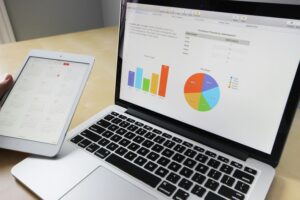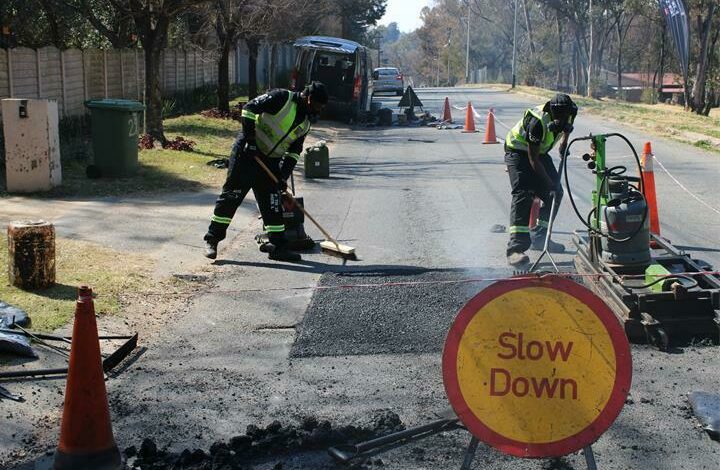The digital revolution and the fourth industrial revolution have forced a change of mindset upon the world. Businesses and governments have the choice to embrace technology or be left behind, and South Africa has chosen to embrace the cutting edge to help move it forward into the future.
By Duncan Nortier Imraan Rahim, an economist turned data specialist, suggests that “we’ve always lived in a world run by data, but now we have the opportunity to access all the data and run things more efficiently.” It’s no secret that data has become a currency in its own right, there is a vast amount of data produced every day and with that comes an opportunity to organise new information every day. Data for South Africa South Africa is in a position to leverage the fourth industrial in its favour, using the vast amount of data that the country produces every day for better, more efficient services. Reatile Pitso, senior researcher in pavement design and construction for the Council for Scientific and Industrial Research (CSIR), has been doing just that. He says, “When we think of data we usually think of internet activity but where you walk, where you drive, how long you do those for, that is data. It is data that is very useful for engineers working on creating smart environments.” The CSIR is a state-owned entity that researches and develops scientific-backed solutions and technological innovation in South Africa’s interests. For example, the CSIR collects data and then manages this data to ensure a safer, more efficient city by applying the data to regulation or monitoring. Trucks are the epicentre of logistics in South Africa and their use is imperative to a functioning logistics network, but they cause damage to roads. Collecting the data of the most used trucking routes allows for better maintenance planning and in some cases changing routes. This in turn makes space for other road users and the CSIR can then inform the national government on micro-mobility plans, such as bicycles and pedestrian paths. The data the CSIR uses has this knock-on effect, where one solution leads to multi-level solutions.








